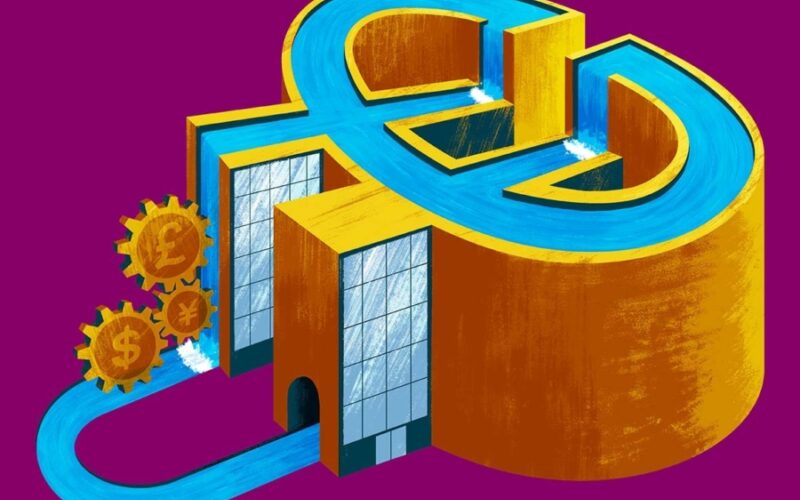Latest
Check out our latest insights, news and events


Insights Public Law
Public Contract Modifications: Meaning of ‘During the Contract’s Term’
16/01/2026

Loading


